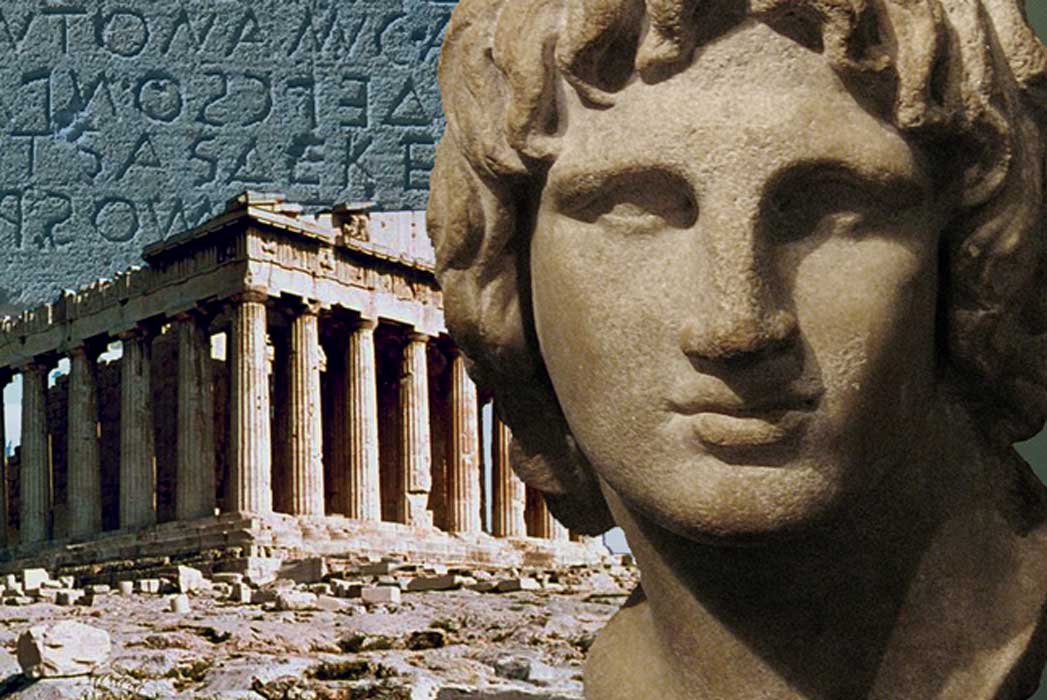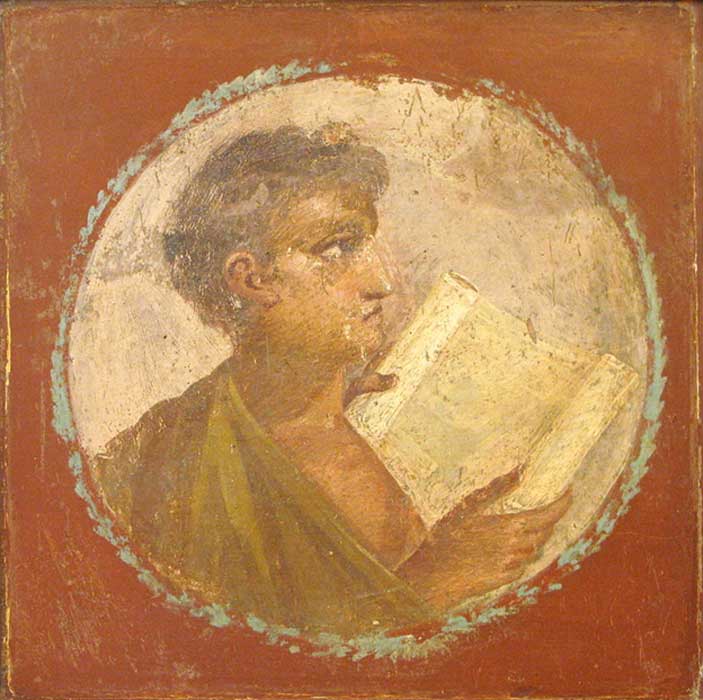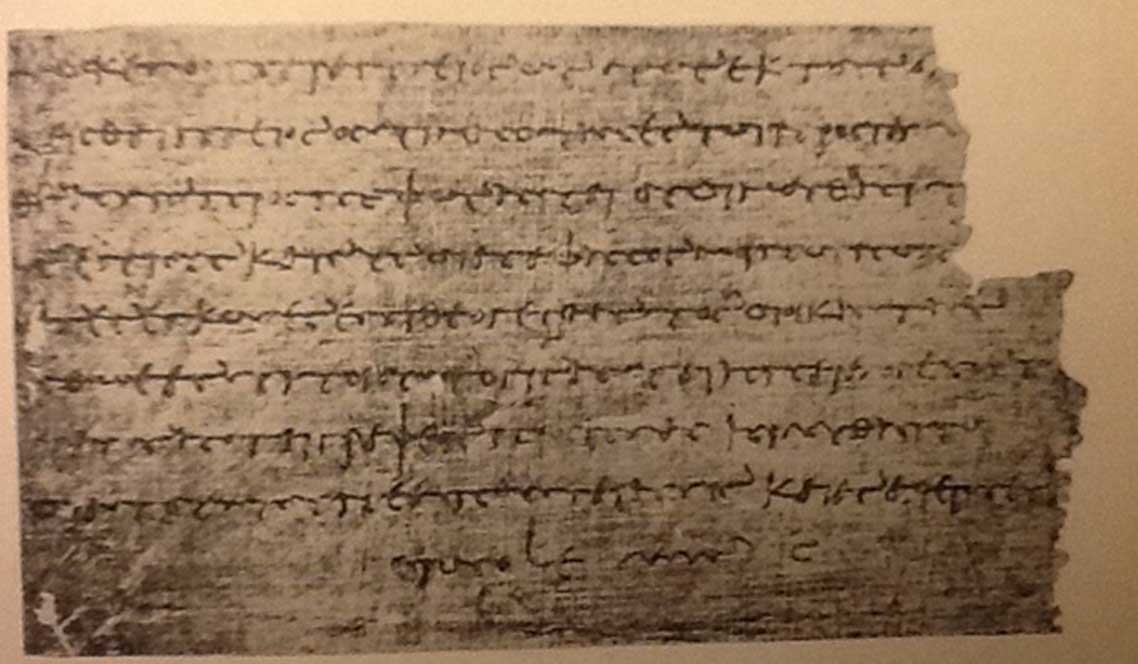
“But In Case Anything Should Happen”: Wills and Covenants in the Age of Alexander the Great
Would kings, dictators and statesmen have used Wills in the ancient Greek world to assure successions, pass down estates and document their last wishes?
‘All will be well but in case anything should happen, I make these dispositions’; thus began typical Greek Wills in the age of Alexander the Great, and so opened the Wills of both Aristotle and Theophrastus, legends of the Lyceum in Athens and contemporaries of the campaigning Macedonian king. These were not the hastily penned bequests of men dying unexpectedly, but highlighted a judicious respect for mortality in a legal system that recognized trusts, inheritances and estate planning.
A product of the Peripatetic School, Aristotle’s diatheke (Greek: διαθηκη), more literally a ‘covenant’ denoting a formal and legally binding declaration of benefits given by one party to another, did not have room for rhetoric; the testament was precise, practical, and provided for multiple scenarios. We have many other examples that demonstrate the intricacy, ceremony and sophistication that Wills had attained by the fourth century BCE, along with the challenges and frauds that accompanied them.
Leaving it Behind, Appropriately Assigned
Hipponax, an Athenian doctor, noted the arrangements of his patient, Lycophron, as his death approached: ‘He made his Will and called in his friends to witness it, and one must hope there can be no doubt about the validity, the signets attached etc, for otherwise the heirs may find themselves in a pretty lawsuit.’ Lycophron’s Will pledged his young wife and the guardianship of his daughter to a trusted bachelor friend, and it included instructions for his tomb with financial legacies to other named associates; lastly, three reliable friends were appointed as the executors. The full title of the testator – the person making the Will – was Lycophron the Marathonian, for Athenian legal documents recorded the demos – the residential district of the interested parties (each deme had its own sanctuary and founding deity) – alongside the onoma, a personal name, and the father’s name, the patronymikon. In the case of a metoikos, a foreign resident, the place of birth was required.
The description of Lycophron’s funeral rites made it clear that the formalities demanded were part of a highly-ritualized event. The Will was replete with litigious connotations suggesting an attention to detail in accordance with the demands of (the still not fully deciphered) Athenian legislation. By the time the Athenian Constitution had been drafted, the mechanism of passing an estate had been formalized into what we term today the Last Will and Testament, derived from the Roman testamentum. Not all Greek states permitted the individual such latitude, yet the use of Wills was undeniably widespread in the developing Hellenic world.

Roman portraiture fresco of a young man with a papyrus scroll, from Herculaneum, 1st century AD (Public Domain)
Ancient Tradition of the Will
Wills did not originate in Classical Greece. Bronze Age texts preserve the death-covenants of northern Mesopotamia preceding the neo-Babylonian period (626-539 BCE), where tablets and other inscriptions reveal the double estate share due to the eldest sons. Older still are the written testaments of Egypt. Sir Flinders Petrie, the ‘father of Egyptology’ who excavated at Oxyrhynchus, Tanis, Hawara and Abydus and into mummy cases at Gurob, discovered their oldest recorded forerunners dating back 4,500 years; they have been described as ‘so curiously modern in form that it might almost be granted probate today’. The Greeks adopted much from Egypt and that may well include the architecture of legal inheritance, and its development in Hellas is evidenced.

An official letter on a papyrus of the 3rd century BCE (Public Domain)




